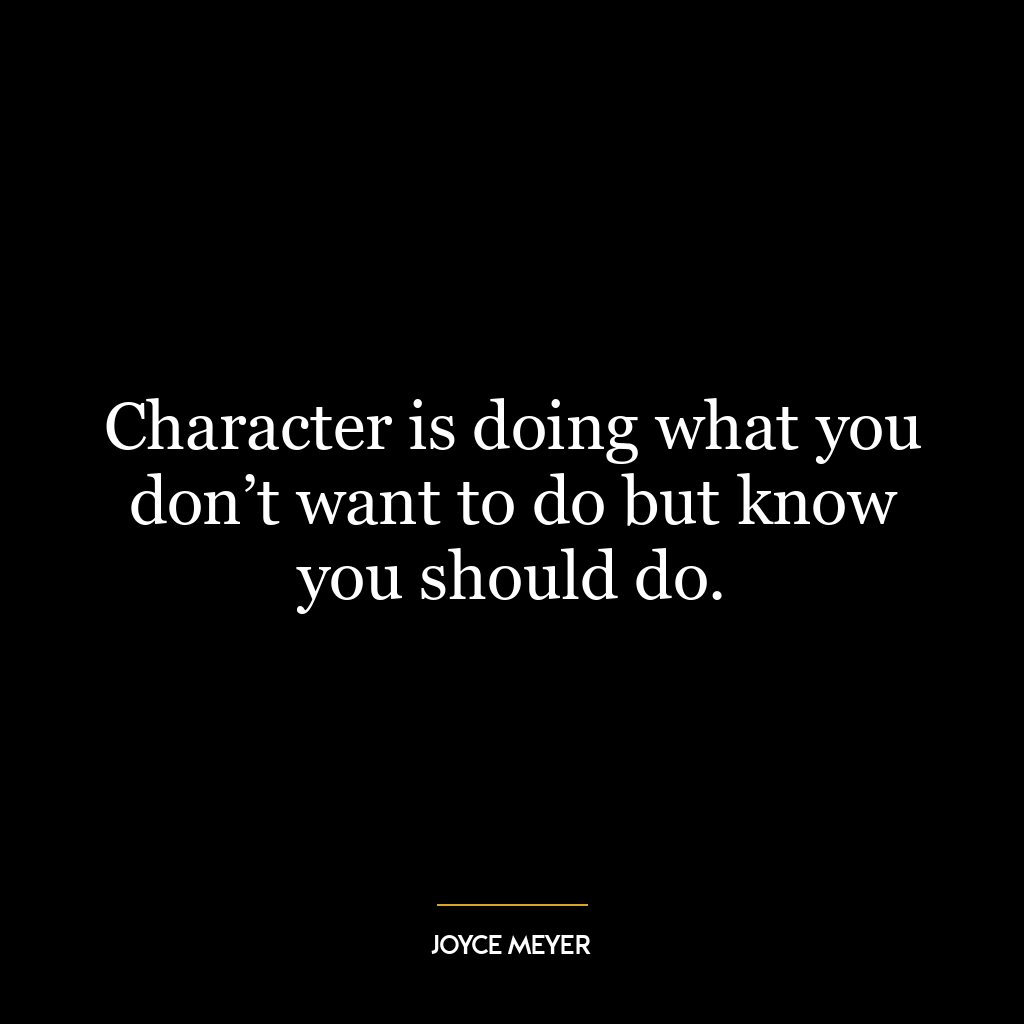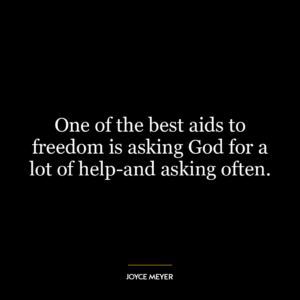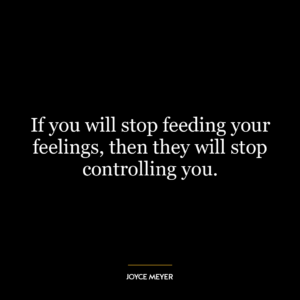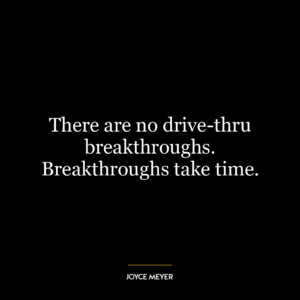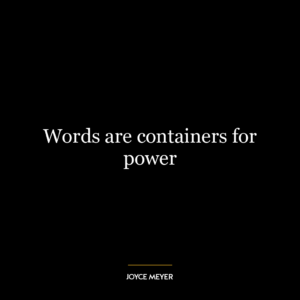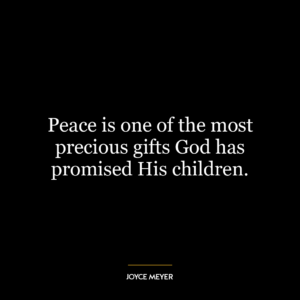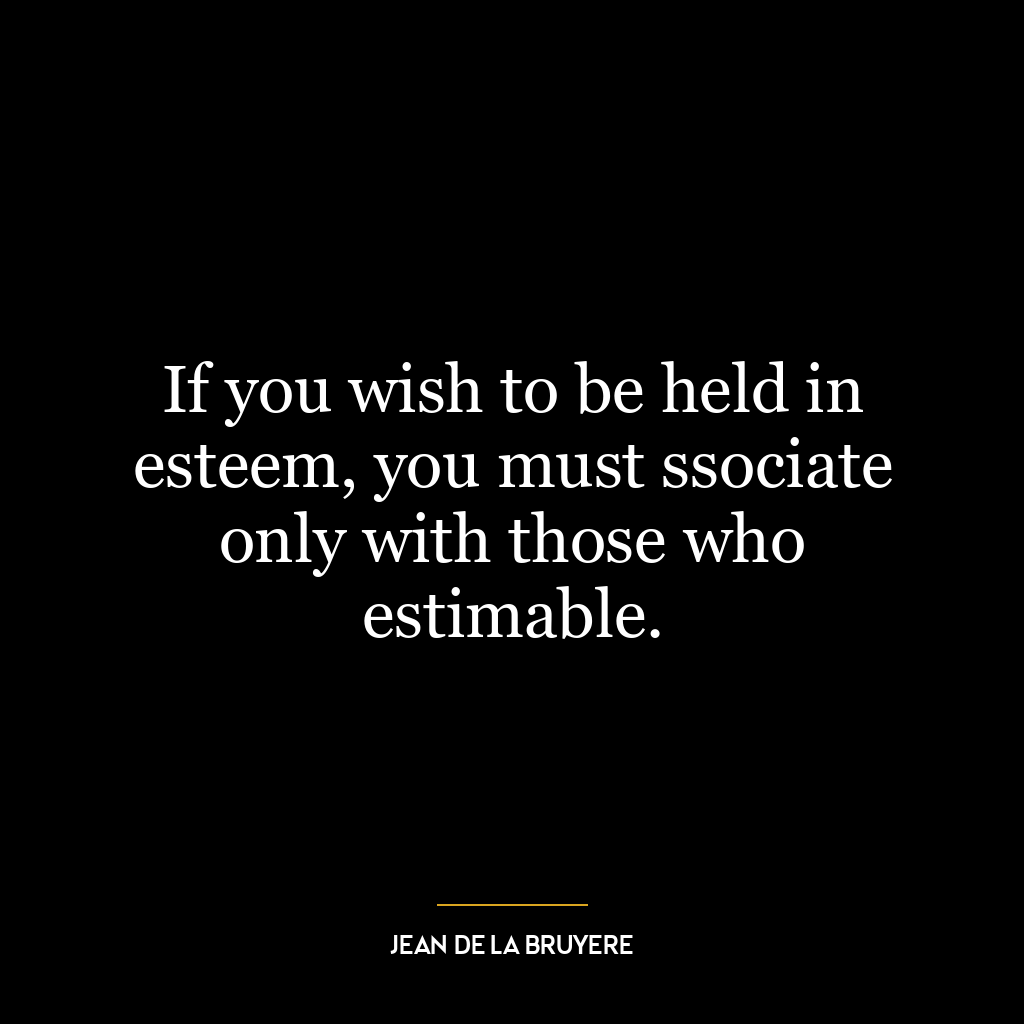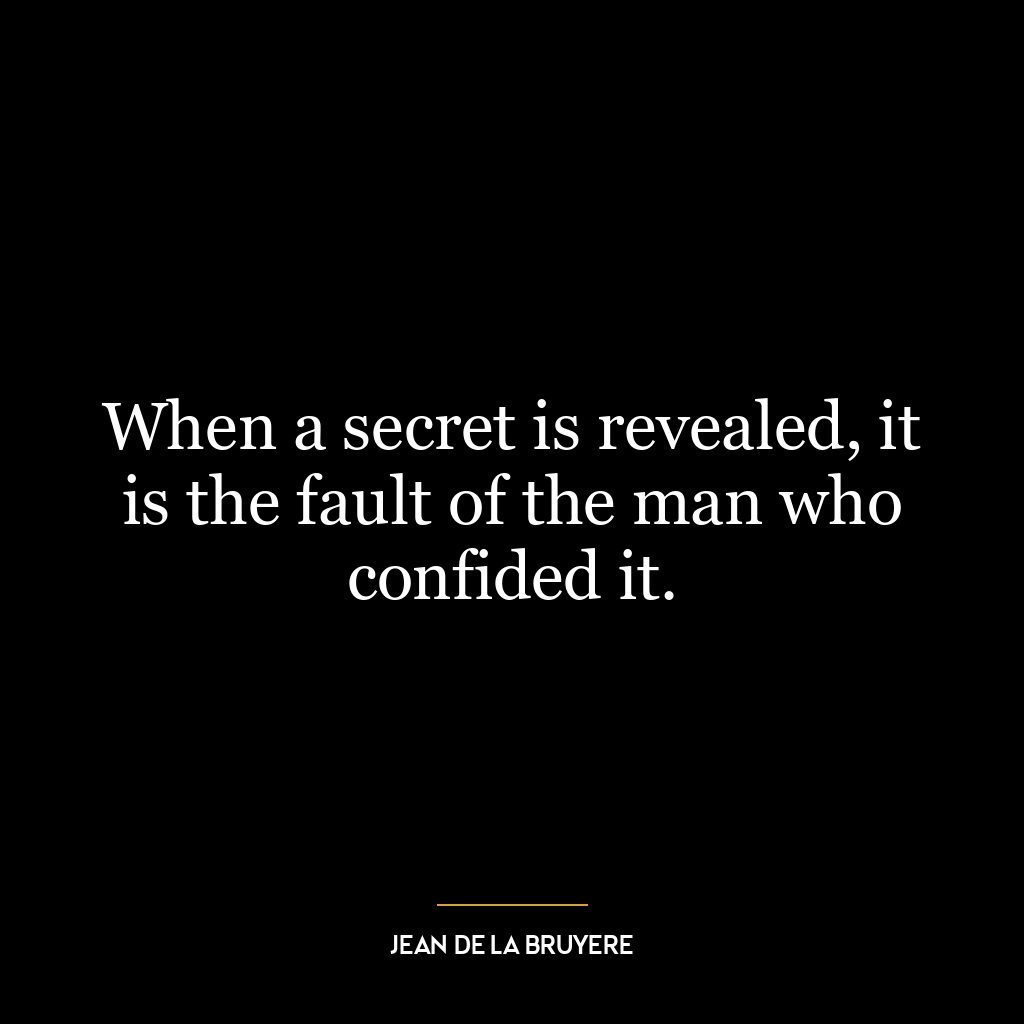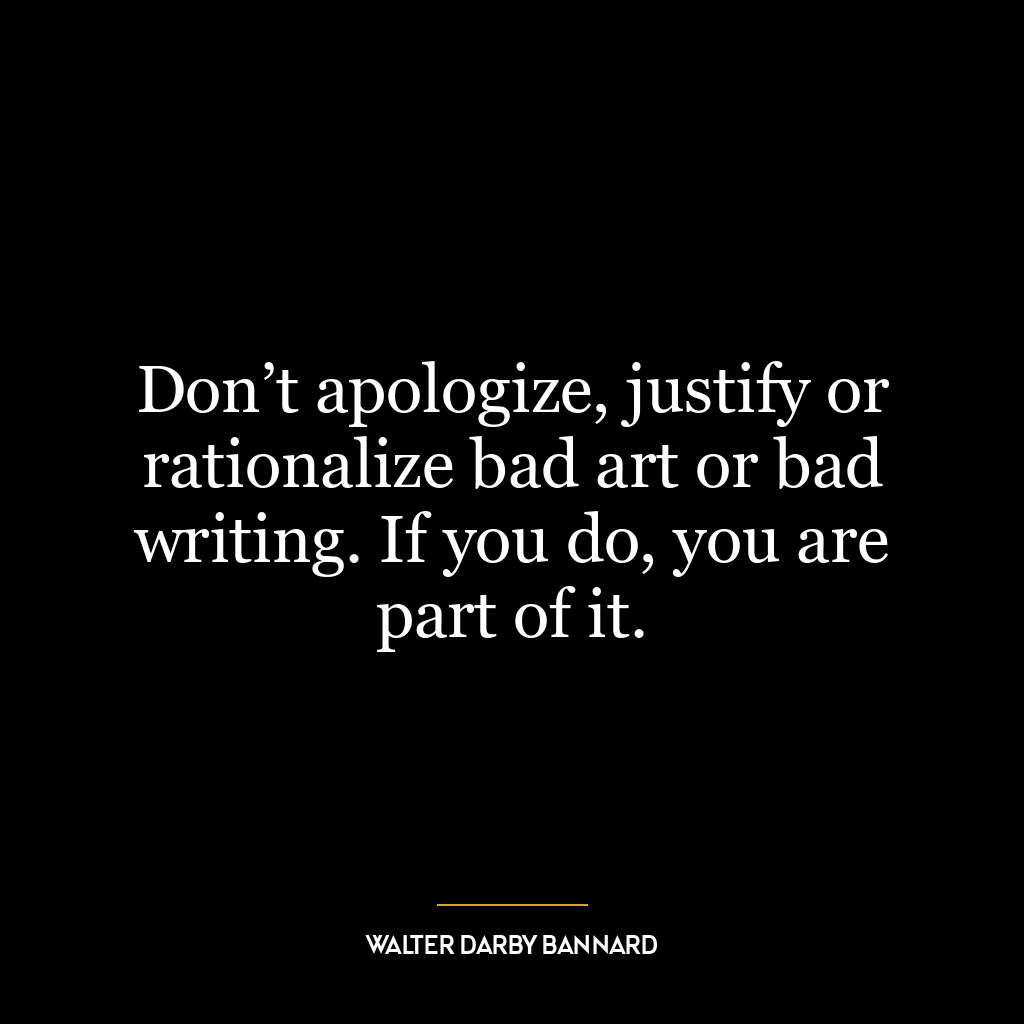This quote, “Character is doing what you don’t want to do but know you should do,” signifies the importance of discipline, integrity, and moral courage in defining one’s character. It suggests that true character isn’t about always wanting to do the right thing but about doing it even when it’s difficult or inconvenient.
The essence of this quote lies in the understanding that one’s desires and preferences often conflict with what is morally or ethically right. Character is revealed when we choose to act according to our principles rather than our desires. This may involve making sacrifices or stepping out of our comfort zones.
For example, if a person dislikes confrontation but knows they need to address an issue directly for resolution, choosing to face the discomfort reflects strong character. Similarly, if someone would prefer to spend their evening relaxing at home but has promised a friend they would help them move house – keeping that promise despite personal inconvenience also illustrates strong character.
In today’s world where immediate gratification often takes precedence over long-term benefits or ethical considerations, this idea holds particular relevance. Whether it’s choosing healthy food over junk food for better health in the long run or standing up against injustice despite potential backlash – these are situations where one might not want to take action due to discomfort or fear but should because it aligns with their values and contributes positively towards personal growth and societal well-being.
In terms of personal development, practicing this concept can lead us towards becoming more disciplined individuals who prioritize ethics over ease. It can help cultivate resilience as we learn how not be swayed by immediate desires and instead make decisions based on what we believe is right. This characteristic can be beneficial both personally and professionally as it builds trustworthiness and reliability – qualities highly valued in any relationship or profession.

